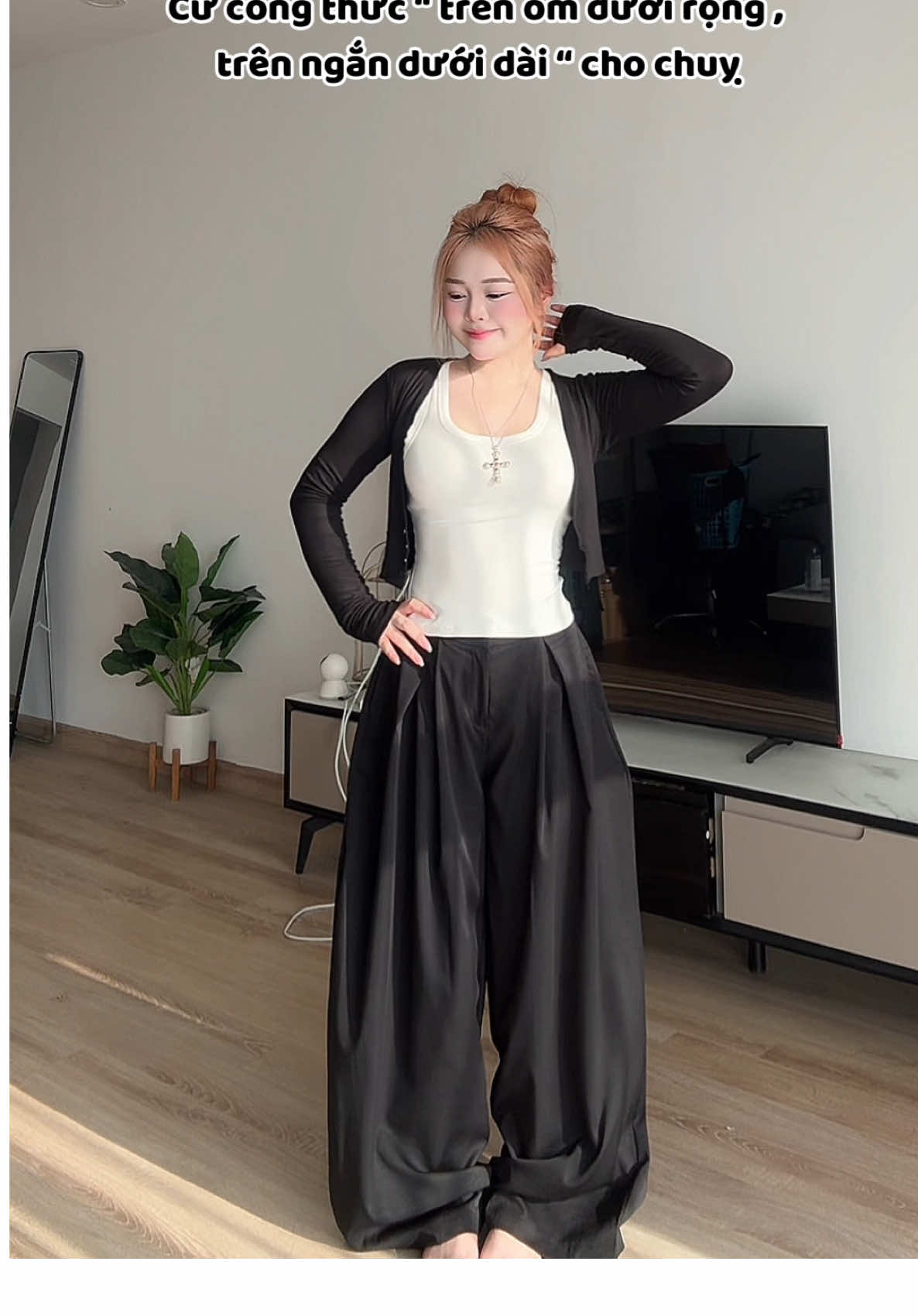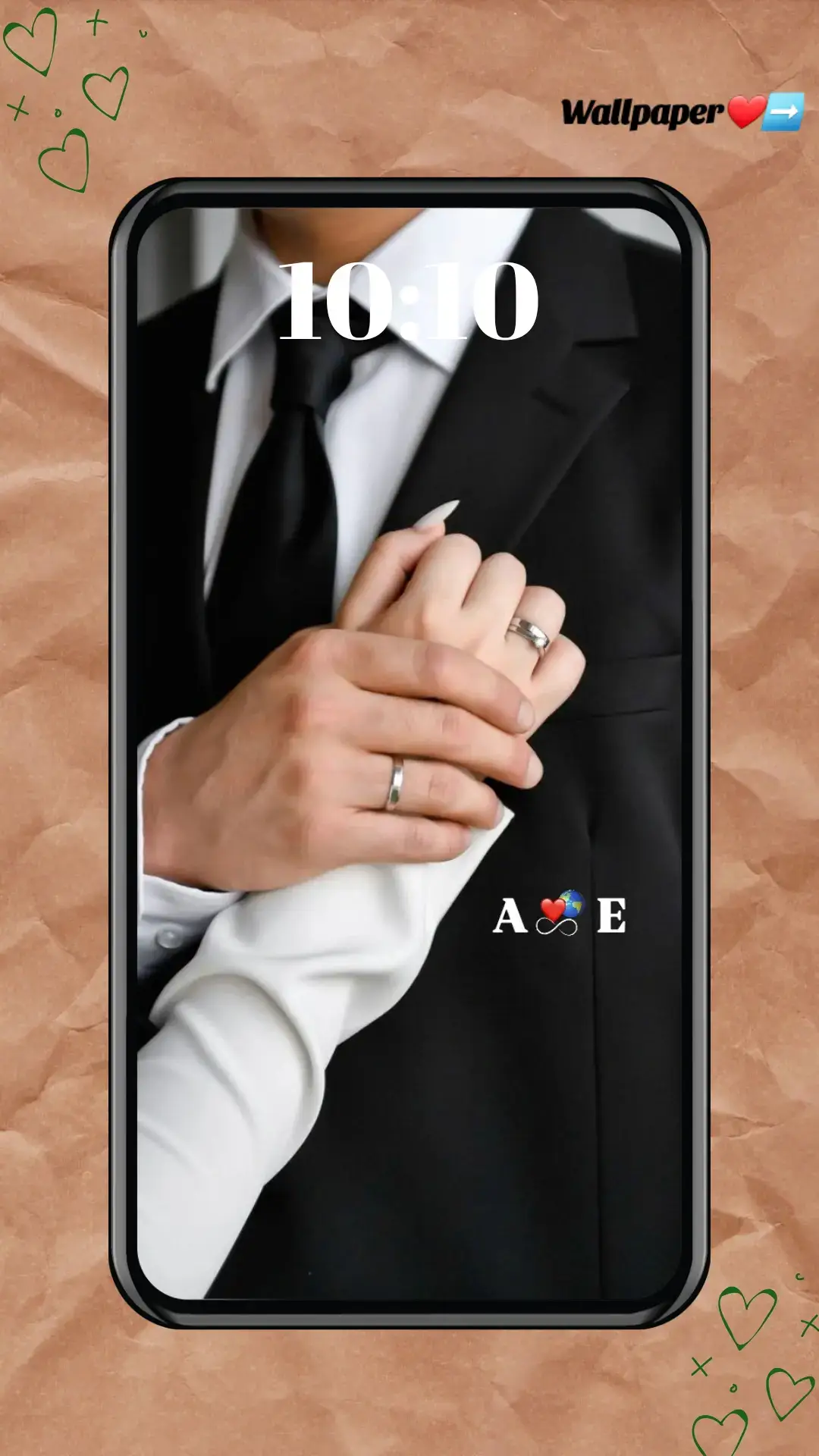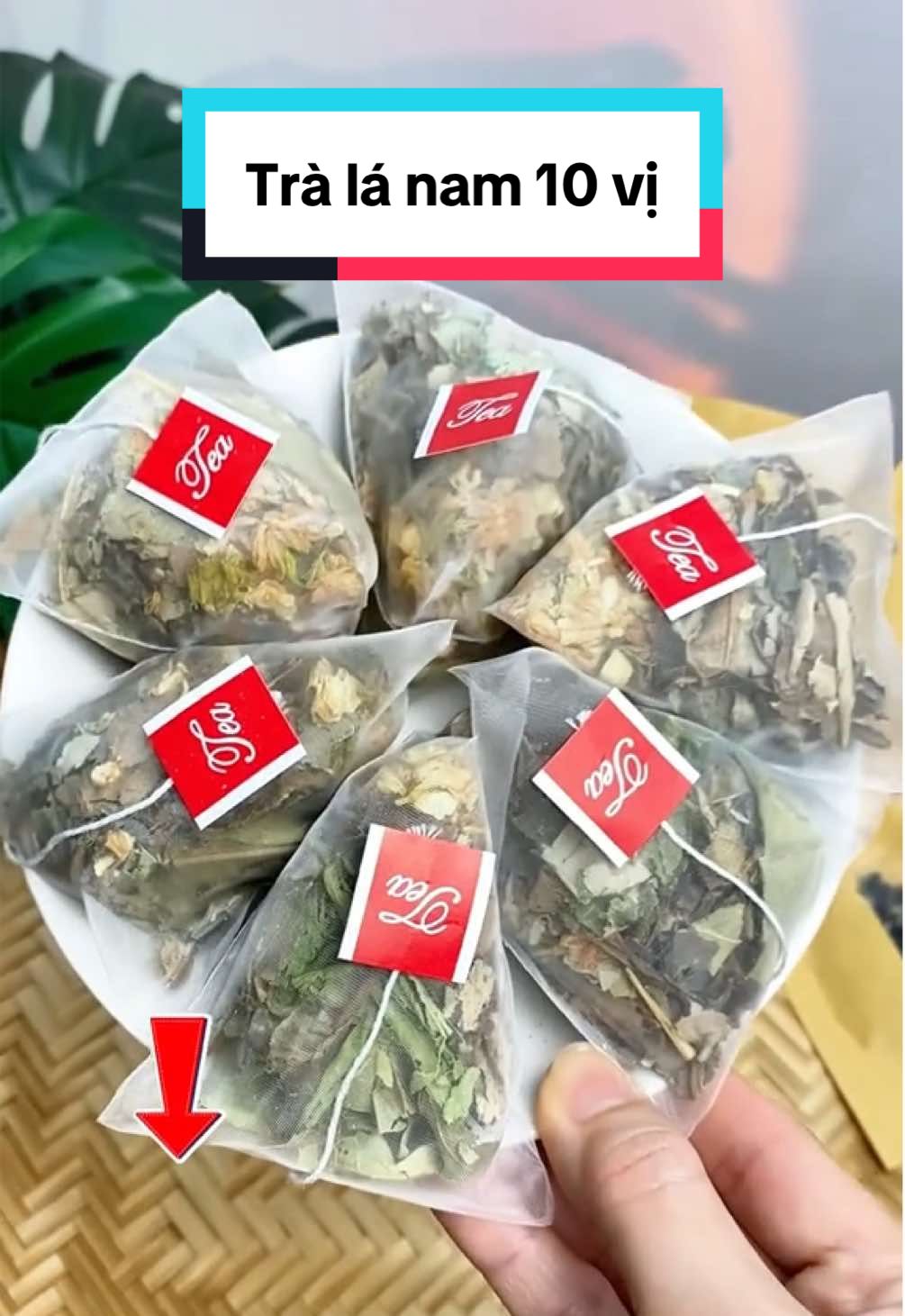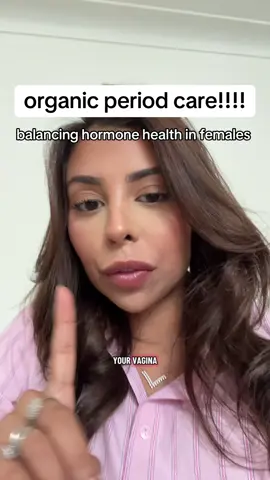Luis N Cars 🇨🇱🇺🇸
Region: US
Friday 11 October 2024 18:20:51 GMT
17754
528
16
25
Music
Download
Comments
har.s :
whoever gets to drive it is so lucky
2025-05-03 11:16:16
0
ATX_CARZ.🏎️ :
It literally looks mythical 😭
2024-10-11 19:12:12
6
colt :
underrated
2024-10-11 18:26:24
3
GeminiJack ♠️ :
01 of 01
2025-06-04 17:22:37
0
Mario_Big_Fan 👑MERCEDES👑 :
sure👑👑👑
2025-01-03 06:22:11
0
René Quiroz :
🥰
2025-08-20 20:22:04
0
YhairGnzlz :
😁
2025-08-05 14:01:14
0
Chris :
🤓🤓🤓🤓🤓🤓🤓🤓🤓🤓
2025-08-04 18:15:23
0
Kledi kledi :
😁
2025-06-24 22:59:48
0
𝒪 𝒻 𝒻 𝓈 𝑒𝓉 🖤🐐 :
😂
2025-06-15 10:26:36
0
markluisbernal :
🔥
2025-06-04 10:56:31
0
Juan ZR :
😁
2025-05-26 05:49:34
0
خالد 🇸🇦 :
💀💀💀
2025-02-12 02:49:03
0
Bobb¥🤓 :
😂
2025-01-18 15:30:55
0
To see more videos from user @luisncars, please go to the Tikwm
homepage.





